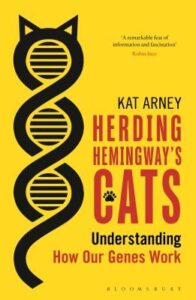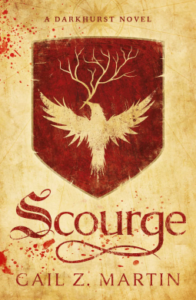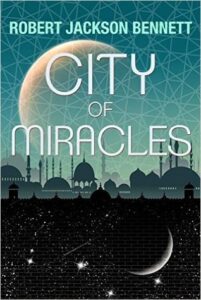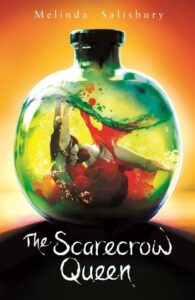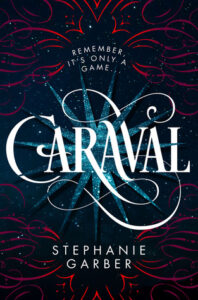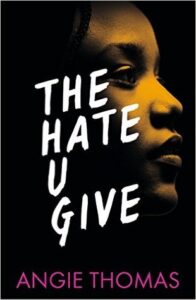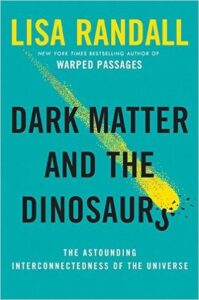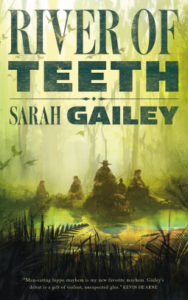The three ‘W’s are what are you reading now, what have you recently finished reading, and what are you going to read next, and you can find this week’s post here if you want to check out other posts.
 What are you currently reading?
What are you currently reading?
I’ve decided to try and finish Within the Sanctuary of Wings (Marie Brennan) this evening — I’ve been putting it off, partially because I just don’t want the series to be over. I’ve also recently picked up Shanghai Sparrow (Gaie Sebold). I haven’t got very far into it; it feels kind of typical steampunky stuff, but it’s fun enough to pass the time.
I probably shouldn’t be reading this much, and instead should be swotting up on the hypothalamic-pituitary axis and the ins and outs of homeostasis, but if I close my eyes, my exams can’t see me, right?
Right?
What did you recently finish reading?
Dino Gangs (Josh Young), which is partly a biography of Phil Currie’s career and partly about his major theory: that dinosaurs were social, and tyrannosaurids in particular may have hunted as a pack. It’s a little repetitive, and honestly I’d stick to David Hone’s The Tyrannosaur 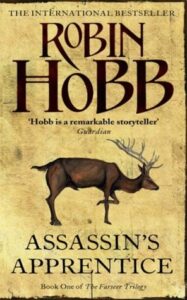 Chronicles, if you’re not planning to just read everything in reach.
Chronicles, if you’re not planning to just read everything in reach.
Before that, it was a reread of Death Before Wicket (Kerry Greenwood). Not my favourite of Phryne’s adventures, but I might actually have liked it a bit better this time than last. The mysticism stuff still makes me roll my eyes, buuuut… it’s not the first or last time that’s happened with Phryne.
What do you think you’ll read next?
I’m planning to read Lightning in the Blood (Marie Brennan). I’ve been looking forward to it for ages! That’s nothing but a nibble, though; after that, I think I’ll get started on my reread of Assassin’s Apprentice, since everyone else doing the reread is probably two books ahead of me by now. (Oops.)
There’s also The House of Binding Thorns (Aliette de Bodard), since my copy just arrived a day or two ago. I had a review copy on my ereader, but… sometimes I just get round to paper books better.




